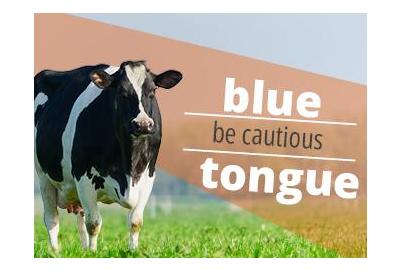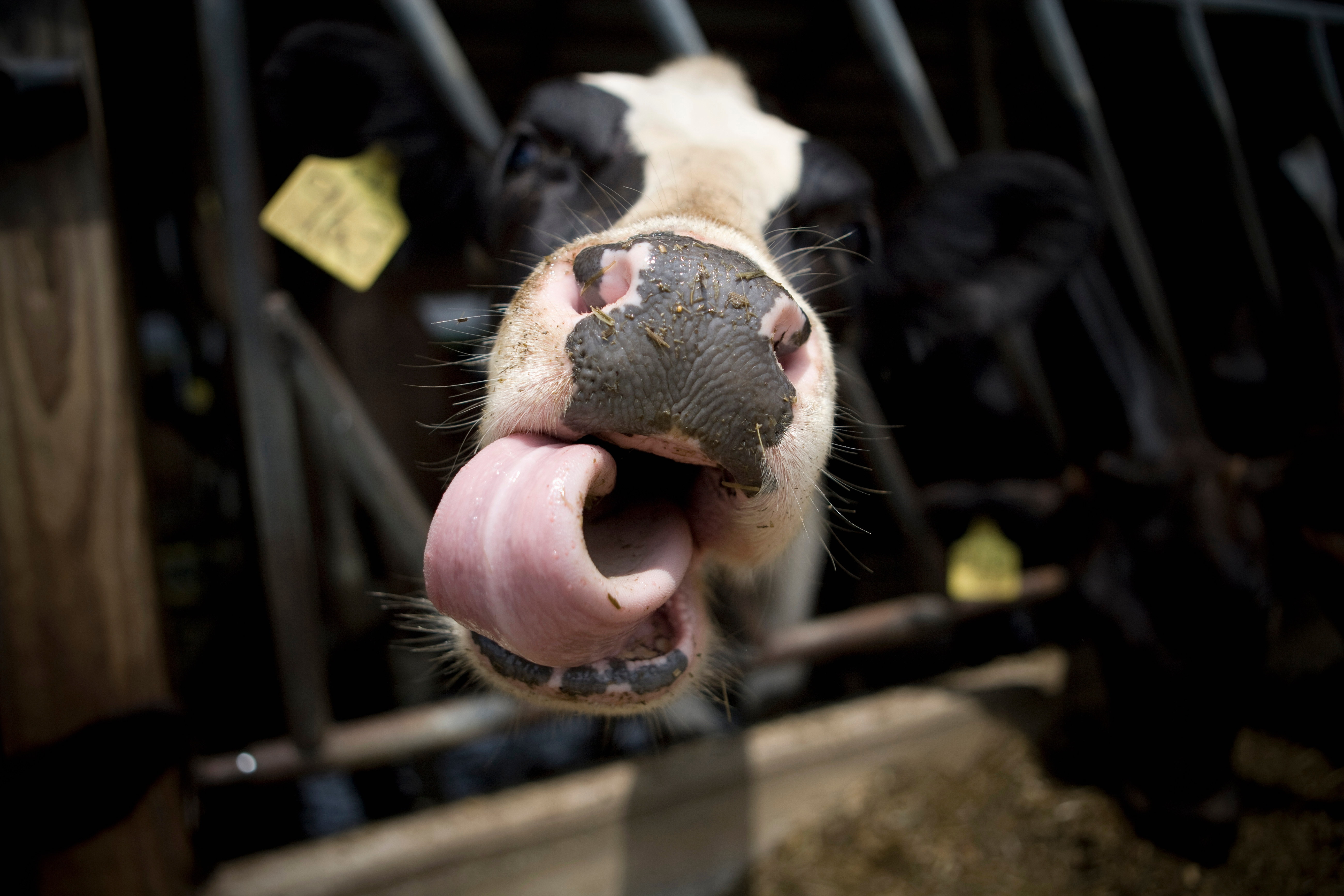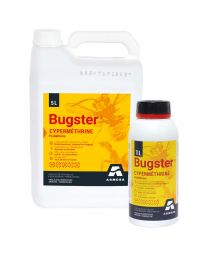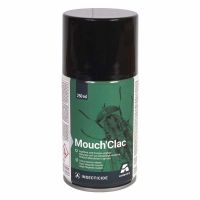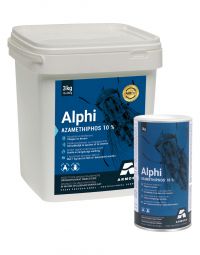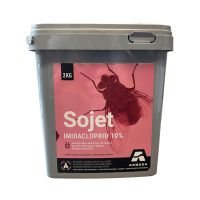Cases of bluetongue serotype 3 are again known in Belgium. This development has significant implications for international trade and animal movement within and outside Belgium. The fact that no direct link can be established between this Belgian case and previous infections in the Netherlands suggests that bluetongue is spreading via infected midges. As a result, Belgium loses its recently acquired status as free of bluetongue.
Restrictions on international transport
According to the delegated regulation (EU) 2020/689, blue tongue-susceptible animals cannot leave Belgium and be transported to other member states unless strict conditions are met. Interestingly, there is currently no registered vaccine in the European Union for bluetongue serotype 3, and there are no operational "vector-protected establishments" in Belgium. As a result, Belgian ruminants can no longer comply with the general rules for the transport of animals (other than animals for slaughter) to other Member States, as provided for in this regulation.
However, each member state may derogate from these general rules and adopt specific relaxations for the admission of blue tongue-susceptible animals on their territory. These specific relaxations vary from country to country and can be found on the European Commission's website. Additional information will also be made available on the website of the Federal Agency for the Safety of the Food Chain (FASFC).
Animals for slaughter and domestic trade
Specific conditions apply to animals for slaughter:
No case of bluetongue must have been reported in the farm of origin for 30 consecutive days.
The animals must be transported directly from the Member State to the slaughterhouse.
The operator of the holding of origin must inform the slaughterhouse 48 hours in advance of the animals' arrival.
As regards domestic trade, the entire Belgian territory is now considered a restricted zone for bluetongue serotype 3 because of the confirmed cases in Merksplas. This means there are no barriers to domestic trade, and ruminants can be moved within the whole of Belgium without specific bluetongue-related conditions.
Vigilance and duty to report
It is of utmost importance to remain vigilant for bluetongue, as it is a notifiable disease. If you suspect bluetongue, you should immediately contact the FASFC Local Control Unit and have samples taken for analysis for bluetongue virus (see procedure 1785121). The analysis costs will be reimbursed by the FASFC. Important information on bluetongue, including clinical signs, can be found on the FASFC website.
The confirmation of bluetongue in Belgium has significant implications for international trade and animal transport. It is essential to keep abreast of the current measures and requirements in force regarding bluetongue, both for animal welfare and trade within and outside Belgium.
Preventive measures
Under the heading "prevention is better than cure", you can focus on prevention and keep (infected) midges away from your cattle as much as possible. Here is an overview of our *products that help:
 FR
FR  NL
NL 
